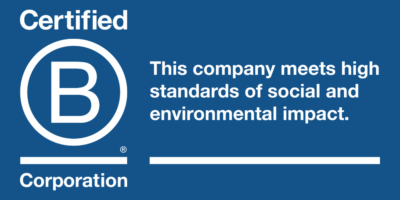Working Part-Time in Retirement
In today’s retiree landscape, many folks decide to phase into full retirement by working part-time. It could be reducing the number of hours with your current employer, finding a “job of passion” or even becoming a consultant. Before considering this transition, it’s smart to know about the financial and tax impact of such a move.
First, if you are serious about retiring early, you should take an honest look at your cost of living and lifestyle spending before making your decision. Will part-time income cover your spending or will you need to tap into your 401(k) or IRA nest egg? Your financial planner can help you make projections and present options for withdrawing from your retirement accounts. If you are younger than age 59 ½, you will have to factor in a 10% early withdrawal penalty, with some exceptions.
You will also want to consider your health care costs. It might make sense to work the required number of hours to retain your health care benefits with your current employer, if you are younger than age 65. If you are eligible for Medicare but decide to stay employed, you can hold off on taking Medicare Part B and D benefits and take advantage of your employer’s health care plan, which might include dental, vision and prescription benefits.
If decide you want to start taking Social Security (as early as age 62) before your full retirement age (67 years old for most) and you will still be working, you need to be aware of the reduction in your benefits if you make more than the exemption amount laid out by the Social Security Administration. In 2022, that amount is $19,560 or $1,630 per month. One dollar in benefits will be withheld for every $2 in earnings above the limit. Once you hit full retirement age, the retirement earnings limits increase. Speak to your accountant regarding your situation – especially if your spouse continues to work full-time.
If you haven’t started Social Security benefits, you will want to consider the impact of holding off on filing. The longer you wait, the larger your payment will be each month, increasing approximately 8% per year up to age 70. After age 70, your benefits do not continue to increase, so there’s no sense in waiting longer.
There is no one size fits all when it comes to retirement and seeking guidance from a CERTIFIED FINANCIAL PLANNER™ can help ease the anxiety around making the transition. No matter when or how you decide to retire, you’ll need to navigate all of your options and want to be confident that your retirement plan is based on sound decisions. Feel free to reach out to schedule a meeting with one of our financial professionals for a conversation about your plan for retirement.









